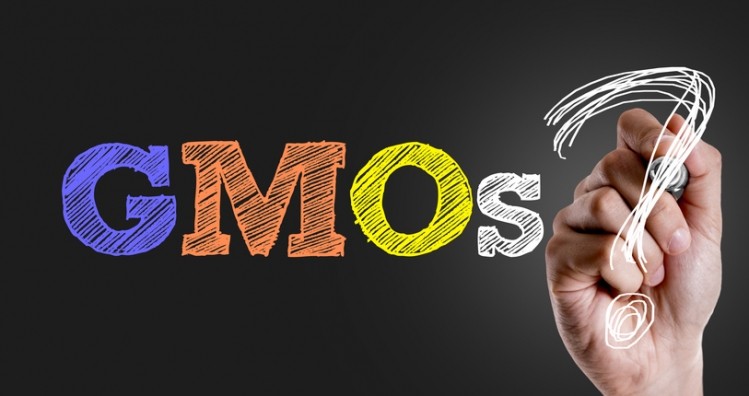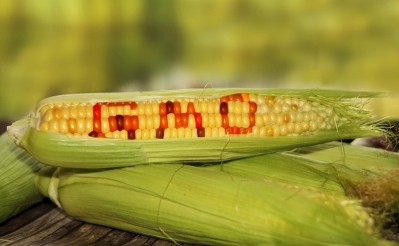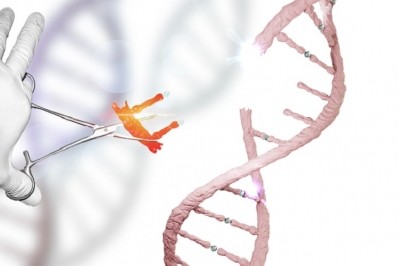GMOs: 'Science can overcome scepticism'

The study, led by Dr Jonathon McPhetres from the University of Rochester, looked at attitudes to GMO foods in the US, UK and Netherlands.
It found a significant gap between how people view GMOs, depending on their understanding of the science behind the technology.
Dr McPhetres, a psychology PhD, said that he had been “personally amazed” by what can be achieved using genetic modification in the food sector, pointing to developments such as saving papayas from extinction.
"We can makes crops better, more resilient, and more profitable and easier for farmers to grow, so that we can provide more crops around the world," he noted in a statement.
Despite its potential, the researchers noted genetic modification through the introduction of a gene from a different organism is a concept that has met widespread resistance at both a consumer and policy level.
The majority of the scientific community – including opinions from the National Academy of Sciences, the World Health Organization and the American Medical Association – conclude that GMOs are safe, the University of Rochester said in a press release. In contrast, only around one-third of consumers accept this to be the case.
A team of psychologists and biologists from the University of Rochester, the University of Amsterdam in the Netherlands, and Cardiff University in Wales, set out to discover if the schism could be overcome. Would consumer attitudes change if the public understood the underlying science better?
Knowledge informs GM attitudes
In a series of studies, the team discovered that people's existing knowledge about GM food is the greatest determining factor of their attitudes towards GMOs in food. In research carried out across the three countries, this was found to override all other tested factors.
The study started by gauging how accepting participants were of GMOs in food. The team then asked 11 general science knowledge questions. Participants were then quizzed on their knowledge of science, methods and the benefits of GM foods.
Existing GM knowledge was more than 19 times higher as a determinant, compared to the influence of demographic factors such as a person's education, socioeconomic status, race, age and gender.
The team found that specific knowledge about GM foods and procedures is independent from a person's general science knowledge--making GM knowledge nearly twice as strong predictor of GM attitudes.
The initial research was carried out in the US, but the scientists stressed the findings were replicated in the UK and the Netherlands, where opposition to GMO food is typically higher and where GM food is highly regulated in response to consumer concerns.
Can science win over sceptics?
The short answer is ‘yes’, according to the team's findings, which were recently published in the Journal of Environmental Psychology.
The researchers followed up their initial studies by conducting a five-week longitudinal study with 231 undergraduates in the US. They wanted to test if a lack of knowledge about GM foods could be overcome by teaching participants the basic science behind GM technology and, significantly, if greater knowledge would alter attitudes.
The team discovered that learning the underlying science led to more positive attitudes towards genetically modified foods, a greater willingness to eat them, and a lowered perception of GM foods as risky.
"Political orientation and demographics inform attitudes and we can't change those," explained McPhetres, the study's lead author. "But we can teach people about the science behind GMOs, and that seems to be effective in allowing people to make more informed decisions about the products that they use or avoid."
Their findings, the team suggested, lend direct support for the deficit model of science attitudes, which stipulates public scepticism towards science and technology is largely due to a lack of understanding.
The team's online modules avoided confrontational approaches "which threaten preexisting beliefs and convictions," suggesting the need to focus on the actual underlying science not the message.
“That's the kind of information that people need to make informed decisions about products they use, and the food they eat," concluded McPhetres.
Source
'Modifying attitudes about modified foods: Increased knowledge leads to more positive attitudes'
Science Direct
Published online ahead of print August 2019
DOI: https://doi.org/10.1016/j.jenvp.2019.04.012
Authors: Jonathon McPhetres, Bastiaan T. Rutjens, Netta Weinsteinc, Jennifer A. Brisson


















